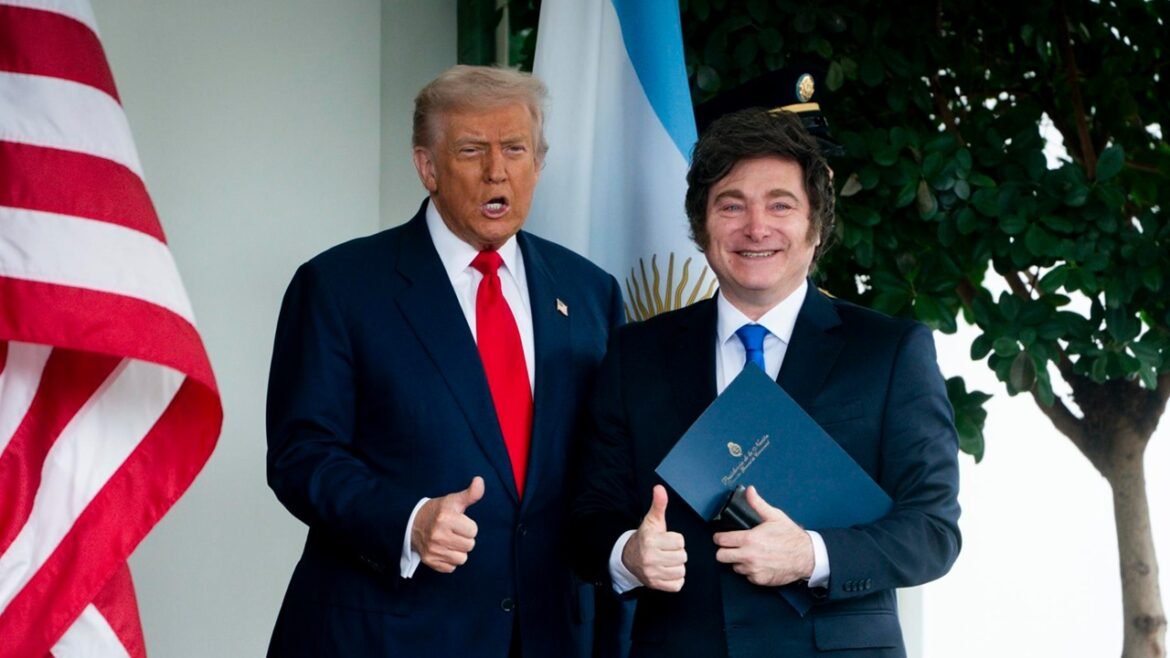The governments of Donald Trump, in the USA, and Javier Milei, in Argentina, signed an agreement this Thursday (13) to expand bilateral trade and investments, according to a joint statement released by the White House. The pact establishes a framework for economic and tariff cooperation aimed at facilitating the exchange of goods, services and capital between the two countries.
According to the official text, the Reciprocal Trade and Investment Agreement seeks to “boost long-term growth, expand opportunities and create a transparent, rules-based environment for trade and innovation”. The initiative was presented as part of the “strategic alliance” between Washington and Buenos Aires, “founded on democratic values and the free market”.
The trade agreement provides for tariff reductions and the elimination of non-tariff barriers in key sectors. Argentina will grant preferential market access to American exports, including medicines, medical equipment, vehicles and agricultural products. In return, the United States will eliminate tariffs on certain natural resources and pharmaceutical inputs not produced domestically.
The White House reported that Argentina has also committed to opening its market to cattle from the United States, in addition to guaranteeing access to North American beef and pork. The agreement also provides that the country will allow the entry of US poultry within a year, will not impose new health requirements on American dairy products and will adopt more agile procedures for food registration.
The agreement also provides for the creation of a framework for digital commerce. Argentina has committed to recognizing the United States as an appropriate jurisdiction for international data transfer, not discriminating against digital services from American companies, and recognizing electronic signatures issued under US law as valid. The objective, according to the American government, is to facilitate online transactions and boost the bilateral digital market.
The text also includes provisions on intellectual property protection, actions against piracy and counterfeiting, in addition to environmental and labor commitments. Buenos Aires reaffirmed the ban on importing products linked to forced labor, promised to advance in the fight against illegal deforestation and set goals to promote the efficient use of natural resources, with an emphasis on critical minerals.
According to the White House statement, the two countries will work “with speed” to finalize the definitive text and adopt the formal procedures necessary for the agreement to enter into force.
In a post on social media, Argentine Foreign Minister Pablo Quirno stated that the agreement “creates the conditions to increase United States investments in Argentina and strengthen bilateral trade”.
According to official data cited by the agency EFEthe United States is the largest direct foreign investor in Argentina and the third largest destination for Argentine exports, behind only Brazil and China.

